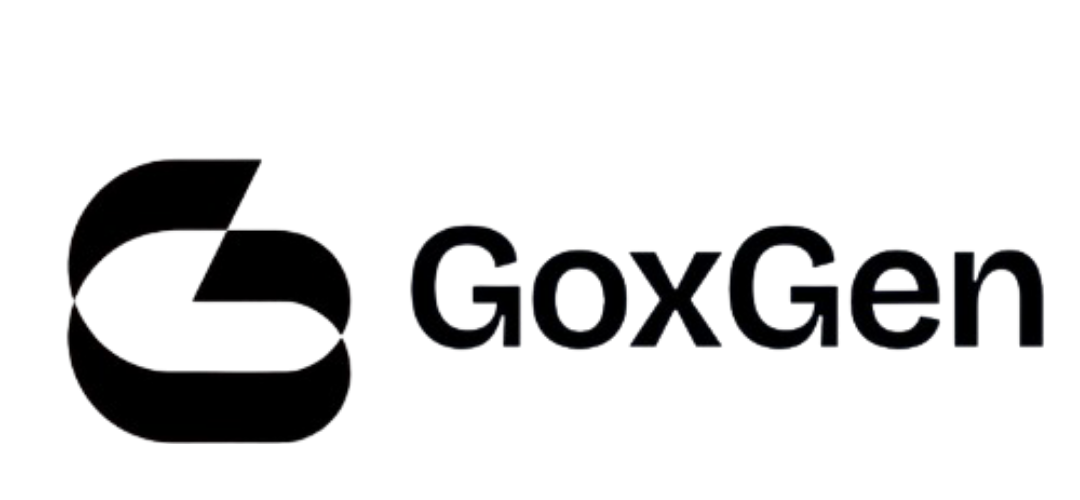The Future of Small Businesses in 2025: Key Trends to Watch
Small businesses have always been the backbone of economies worldwide. In 2025, the landscape for entrepreneurs and small enterprises is rapidly evolving due to technological advancements, shifting consumer behaviors, and global economic changes.
If you are an entrepreneur, startup founder, or small business owner, understanding where the market is heading in 2025 is crucial for staying competitive and sustainable.
👉 In this blog, we’ll break down the key small business trends of 2025, the challenges to prepare for, and the strategies to grow successfully in the future.
📺 Video Insight: The Future of Small Businesses in 2025
Why the Future of Small Businesses Matters in 2025
Small businesses make up 90% of companies globally and contribute over 50% of worldwide employment (World Bank). As we move deeper into 2025, entrepreneurs face both unprecedented opportunities and challenges:
-
Rising AI-driven tools are reshaping workflows.
-
Remote-first work cultures are changing hiring and operations.
-
Sustainability is no longer optional—it’s a business expectation.
-
Consumer trust and personalization are driving purchase decisions.
Understanding these dynamics helps small businesses adapt faster and future-proof their growth.
🔑 Key Trends Shaping Small Businesses in 2025
1. How Will AI Transform Small Businesses in 2025?
Artificial Intelligence is no longer just for big corporations. In 2025, AI tools are becoming affordable and accessible for small business owners.
Examples of AI use cases in small businesses:
-
Automating customer service with AI chatbots.
-
AI-driven content creation for marketing.
-
Predictive analytics for smarter decision-making.
-
Personalized customer experiences using AI-powered CRMs.
👉 Small businesses that leverage AI will save time, cut costs, and scale faster.
2. Remote Work and the Hybrid Business Model
Post-pandemic work flexibility has solidified into permanent hybrid models. By 2025, small businesses are hiring global talent pools through remote-first strategies.
Benefits of remote and hybrid business models:
-
Lower overhead costs.
-
Access to skilled global freelancers.
-
Improved employee satisfaction and retention.
However, small businesses must also invest in cybersecurity tools, remote collaboration software, and compliance systems.
3. E-commerce and the Rise of Social Commerce
The future of e-commerce in 2025 is closely tied to social media platforms like TikTok, Instagram, and YouTube Shopping.
Key stats:
-
Over 55% of online shoppers in 2025 buy directly from social platforms.
-
Small businesses are seeing 40% higher engagement with live shopping and shoppable video ads.
This shift means local businesses can reach global customers instantly.
4. Sustainability as a Core Business Strategy
Consumers in 2025 are demanding eco-conscious brands. Sustainable practices are now a competitive advantage.
Sustainability strategies for small businesses:
-
Switching to eco-friendly packaging.
-
Offering carbon-neutral delivery options.
-
Partnering with green suppliers.
-
Promoting circular economy products.
Businesses that prioritize sustainability not only attract Gen Z and Millennial customers but also qualify for government incentives in many regions.
5. Customer Experience (CX) Is the New Marketing
In 2025, customer experience has overtaken price as the primary brand differentiator.
What this means for small businesses:
-
Offering seamless digital and offline touchpoints.
-
Personalized interactions at scale.
-
Faster, AI-powered customer service.
-
Loyalty programs driven by gamification.
📊 Research shows that companies with excellent CX grow 1.6x faster than competitors.
6. The Rise of Microbusinesses and Solopreneurs
With low-cost AI tools, automation, and digital platforms, individuals are launching one-person businesses that scale globally.
Examples of microbusiness opportunities in 2025:
-
Digital product creation (courses, templates, e-books).
-
Niche e-commerce stores.
-
AI-driven consulting services.
-
Content creators monetizing through multiple platforms.
This trend opens up new paths for entrepreneurship with minimal upfront investment.
7. Local Businesses Thriving Through Hyperpersonalization
Even as digital markets expand, local and community-based businesses are thriving in 2025 by offering:
-
Hyperlocal marketing campaigns via geotargeting.
-
Partnerships with local influencers.
-
Loyalty rewards tailored to customer preferences.
Consumers still value face-to-face trust and authenticity, giving small, local businesses an advantage against large corporations.
📊 Comparison Table: 2020 vs. 2025 Small Business Trends
| Trend | 2020 | 2025 |
|---|---|---|
| AI Adoption | Early-stage, costly | Mainstream, affordable for all businesses |
| Remote Work | Pandemic-driven | Permanent hybrid and global hiring |
| E-commerce | Amazon-dominated | Social commerce & live shopping |
| Sustainability | Optional brand add-on | Core expectation & government-backed |
| Customer Experience (CX) | Price-driven competition | Personalization-driven loyalty |
| Entrepreneurship | Traditional SMEs | Rise of solopreneurs & microbusinesses |
🚧 Challenges Small Businesses Face in 2025
Despite growth opportunities, entrepreneurs must navigate challenges:
-
Economic Uncertainty – inflation, interest rates, and supply chain disruptions.
-
Talent Shortages – competing with large companies for skilled workers.
-
Cybersecurity Risks – growing digital reliance increases vulnerability.
-
Regulatory Compliance – stricter rules around data privacy, AI use, and sustainability.
-
Funding Access – traditional banks remain cautious; alternative financing is key.
✅ Strategies for Small Business Success in 2025
To thrive, small businesses must:
-
Adopt AI-driven tools for efficiency and customer engagement.
-
Invest in e-commerce + social commerce for new revenue streams.
-
Implement sustainable practices to attract conscious consumers.
-
Prioritize customer experience across all touchpoints.
-
Strengthen cybersecurity to protect data and trust.
-
Diversify funding sources with crowdfunding, angel investors, and fintech lending.
🙋 Frequently Asked Questions (FAQs)
Q1: What industries will boom for small businesses in 2025?
A: E-commerce, AI-driven consulting, green businesses, health & wellness, and creator economy ventures will dominate.
Q2: Is 2025 a good year to start a business?
A: Yes. With accessible AI tools, digital platforms, and funding alternatives, 2025 offers low-barrier opportunities for entrepreneurs.
Q3: What is the biggest challenge small businesses face in 2025?
A: Economic volatility and adapting to fast-paced digital transformation are top challenges.
Q4: How can local small businesses compete with big brands in 2025?
A: By leveraging hyperlocal marketing, personal relationships, and community-driven trust.
Q5: Will AI replace small business jobs in 2025?
A: AI won’t replace all jobs—it will automate repetitive tasks, allowing small business owners to focus on creativity and customer engagement.
📢 Final Thoughts: The Future Belongs to Adaptable Small Businesses
The future of small businesses in 2025 is bright—but only for those who embrace change. From AI-driven growth to sustainable practices, entrepreneurs must stay agile, innovative, and customer-centric.
🚀 Whether you’re just starting or scaling, the opportunities in 2025 are immense for those ready to adapt.
👉 Share this blog with fellow entrepreneurs and join the conversation: What small business trend excites you most in 2025?





